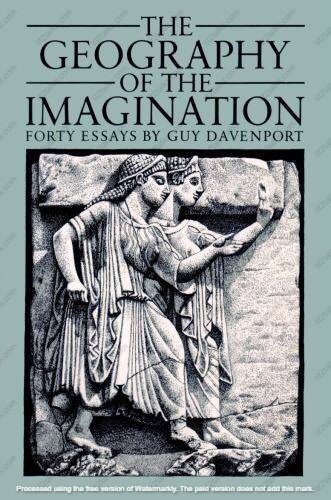

Logical Investigations by Edmund Husserl
Private Book Reader
Upload and read your personal PDF books in our secure reader
Read Your Private BookShort Audio Book Summary
Logical Investigations by Edmund Husserl Summary
0:00 / 0:00Reviews
No review yet. Be the first to review this book!
Description
Logical Investigations by Edmund Husserl Logical Investigations (German: Logische Untersuchungen), first published between 1900 and 1901, is one of Edmund Husserl’s most important and influential works. It marks a decisive turn in his philosophical development and lays the groundwork for the creation of phenomenology as a rigorous scientific method. The Logical Investigations are a monumental critique of psychologism in logic and a profound inquiry into the nature of meaning, consciousness, and intentionality. At its core, Logical Investigations is Husserl’s attempt to defend logic as an objective and normative science, independent of the empirical sciences like psychology. In the late 19th century, many philosophers (including thinkers like John Stuart Mill) tried to ground logic in psychology, claiming that logical laws were essentially descriptions of how human minds think. Husserl saw this psychologism as deeply problematic and dangerous. If logic depends on psychological facts, it loses its objectivity, and the very possibility of truth and knowledge becomes unstable. In Volume One, Husserl offers a devastating critique of psychologism. He argues that logical laws are not contingent upon psychological processes but have an ideal, objective validity. Logical truths are independent of how we happen to think or perceive them. For example, the law of non-contradiction is true not because people believe it but because it holds universally, regardless of human thought. The Second Volume of the Logical Investigations contains six major investigations, each exploring fundamental issues in philosophy, including meaning, representation, truth, and intentionality. Here, Husserl introduces the concept of intentionality, the idea that consciousness is always directed towards something—it always has an object. This insight is at the heart of Husserl’s phenomenology and distinguishes mental acts (perceptions, judgments, imaginations) by their intentional content. Another central contribution of Logical Investigations is Husserl’s analysis of meaning and expression. He distinguishes between the expression of a thought (such as a spoken word) and its meaning (sense), which remains the same even when expressions differ. This laid the groundwork for later developments in philosophy of language, influencing thinkers like Frege and later analytic philosophers. The work also delves into formal ontology, mereology (the theory of parts and wholes), and the theory of categories, advancing a highly structured account of how objects, concepts, and propositions are constituted in consciousness. Logical Investigations is a rigorous and systematic text, combining logic, epistemology, ontology, and phenomenology. It represents Husserl’s attempt to return philosophy to a scientific grounding, free from the relativism and skepticism he believed psychologism had introduced into logic and epistemology. For readers of phenomenology, continental philosophy, and the history of logic, Logical Investigations is a foundational text. It bridges the gap between 19th-century logic and mathematics and 20th-century phenomenology and existentialism, offering deep insights into the structures of thought, language, and consciousness. In summary, Logical Investigations is not just a critique of psychologism but a profound exploration of how we think, know, and experience the world. It is the book where Husserl transitions from his early work in logic and mathematics to the full development of phenomenological philosophy, making it an essential text for anyone interested in the foundations of modern philosophy.

 May 03, 2025
May 03, 2025
 May 03, 2025
May 03, 2025



 May 03, 2025
May 03, 2025


 May 03, 2025
May 03, 2025











.jpeg)
.jpg)



.jpg)









.jpeg)



.jpg)

.jpg)
.jpeg)





















.jpg)






.png)

.jpeg)









.jpg)


.jpg)
.jpeg)












































